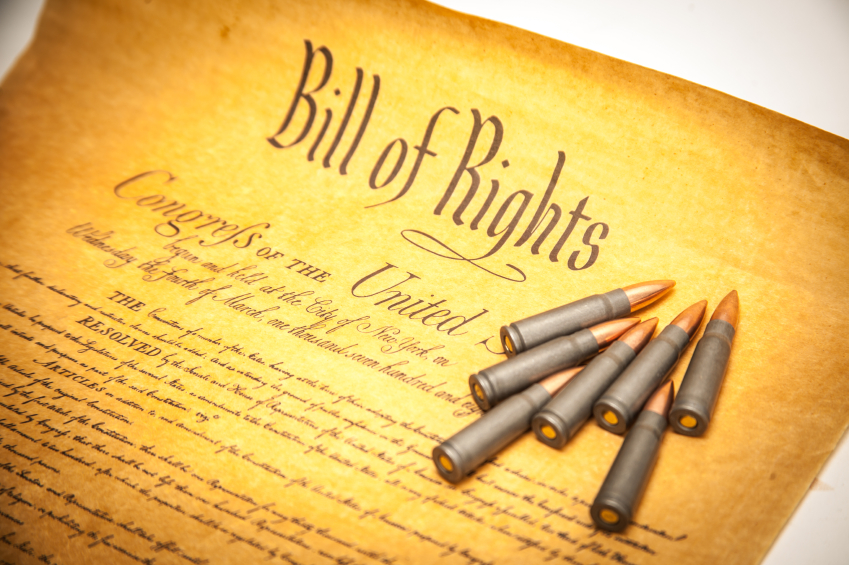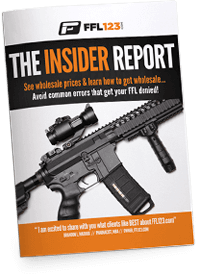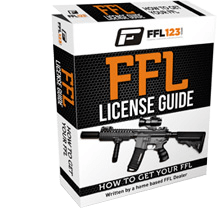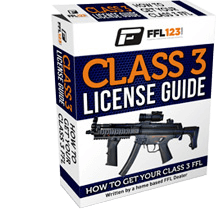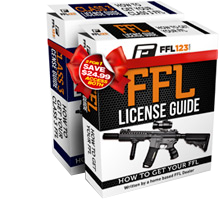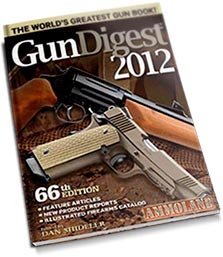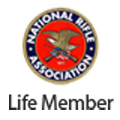Home FFL & 4th Amendment
Becoming a home FFL is a great way to get started as a federal firearms licensee. It is a common misconception that being a home FFL means that the ATF has the unlimited authority to snoop around your house. This just isn’t true.
Fourth Amendment in a nutshell
There is much to complain about with regards to the U.S. federal government, but it is constrained by certain constitutional limitations. Everyone knows that the Second Amendment recognizes the right to keep and bear arms. Another constitutionally protected right is the individual’s Fourth Amendment right to be secure against unreasonable searches and seizures.
The Fourth Amendment was ratified along with the rest of the Bill of Rights in 1791. It was part of the Anti-Federalist effort to carefully limit the power of the newly constituted federal government by specifically enumerating certain fundamental rights and the nature of the relationship between the federal government, state governments, and the people. The Anti-Federalists hoped that the Bill of Rights would prevent the federal government from depriving Americans of the liberty just won in the war for American independence. Fresh in their memories were the quartering of British troops in American homes and the arbitrary searches by British soldiers and revenue agents attempting to enforce the various abusive laws that motivated the revolutionaries. It is no surprise that they wanted to prevent a homegrown version of the same sort of oppression.
The Fourth Amendment states that “The right of the people to be secure in their persons, houses, papers, and effects, against unreasonable searches and seizures, shall not be violated, and no warrants shall issue, but upon probable cause, supported by oath or affirmation, and particularly describing the place to be searched, and the persons or things to be seized.” This means that involuntary searches and seizures by government agents must be based on probable cause. The much-hated Writs of Assistance used by the British to authorize the invasions of colonial homes were clearly forbidden with this constitutional requirement that warrants be specific to particular places, persons, and things.
In modern America, the usual remedy for an individual who is subjected to unreasonable search and seizure in the course of a criminal investigation is suppression of evidence that is discovered as a result of that search or seizure. This is cool comfort for the innocent, since they have no evidence to suppress anyway. But law enforcement agencies are not typically inclined to spend resources on activities that cannot support a later prosecution, so this remedy does seem to offer some deterrent value against improper warrantless searches and seizures.
Actual inspection requirement for Home FFLs
It is true that your licensed premises, including storage locations, must be open to compliance inspections during your regular hours of operation. ATF describes this in their regulations as the “right of entry and examination.” The inspector does not have to believe that a violation has occurred in order to conduct a premises inspection.
During the course of an inspection, ATF may review the records and documents that you are required to keep as an FFL, and they may inspect your firearms inventory and the licensed premises. However, unlike telephone requests for information from your records that must be answered within twenty-four hours, premises inspections may occur no more often than once annually (27 C.F.R. § 478.23(b)(2)(i)) except in the course a criminal investigation relating to a firearm that has been traced to your FFL. Only about one in five FFLs was inspected in 2012.
But they’re in my home already!
As FFL123’s guide explains, you may narrowly define your licensed premises and regular operating hours to limit the impact and scope of these inspections. If you have been careful in completing your application paperwork to provide for reasonable hours of operation and clearly defined premises that only include the part of your home where you engage in licensed activities, the specter of midnight bedroom intrusions is not going to become a reality unless you are the subject of a criminal investigation. And in those cases, the search would be based on a warrant issued by a federal magistrate (27 C.F.R. § 478.23(a)), similar to the requirement for a search of a home belonging to someone who is not an FFL at all.
Warrantless compliance checks are performed by ATF inspectors who are interested in civil matters, namely, your compliance with the recordkeeping and storage requirements federally mandated for FFLs. It is certainly possible for you to grant an inspector your consent to access other parts of your home, just like it is possible for you to consent to a police officer’s warrantless search of your home that would be a Fourth Amendment violation without your consent. You are not granting that sort of access by virtue of becoming a home FFL. In rare cases where an inspector might attempt to go beyond the scope of his authority, you have every right to politely withhold your consent.
Conclusion
Starting your new firearms enterprise at home is a convenient, low-cost way to get the many benefits of having an FFL. There are lots of federal statutory and regulatory requirements on licensees with which you should be familiar. But you don’t have to surrender your home to the ATF in order to become a home FFL.
by Dick Clark, attorney at Dick Clark Law in Lincoln, Nebraska




